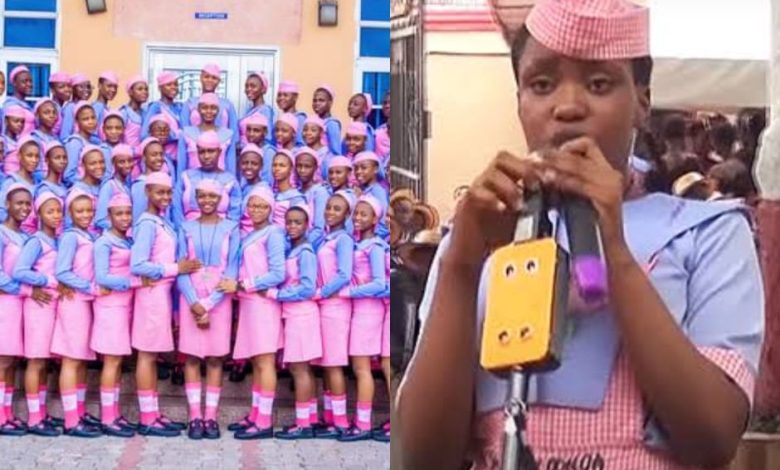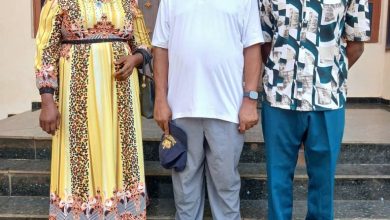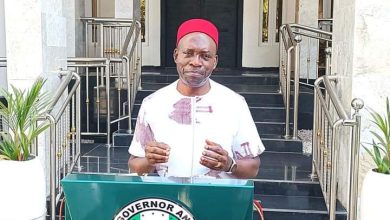
Members of the visually impaired community have recorded a breakthrough with the new invention of ‘Smart Sticks’ by some students of Regina Pacis Secondary School, Onitsha in Anambra State.
In 2018, the school’s students had won the Junior Gold Awards in the World Technovation Challenge in the United States of America by developing a mobile application called the Fake Drug (FD) detector to help tackle fake pharmaceutical products in Nigeria.
Again, young ladies from the school have shone as innovators in robotics and coding, inventing smart sticks that can detect obstacles not less than 120 centimetres away from a blind person.
The Youth Coordinator, Nigeria Association of the Blind (NAB), Anambra State, Chibuzor Obierika, speaking at the launch of the innovative product, said the invention was improved upon its first test.
“After building this project, we noticed it could only sense obstacles horizontally in front of the blind man, so we decided to advance this project. The Smart Sticks can now sense objects from an angle of elevation and an angle of depression,” she said.
“The Smart Sticks are designed with an input ultrasonic sensor that alerts a blind person of an obstacle not less than 120 centimetres ahead of him or her.
The move is in line with the state government mandate to support innovations among young talent.
Their invention was displayed during the pastoral visit of the Metropolitan Archbishop of the Onitsha Diocese, Most Reverend Valerian Okeke.
While unveiling the innovation as well as distributing over 20 packs of the devices to several impaired persons, the clergyman, alongside the Obi of Onitsha Nnemeka Achebe hailed the students for the feet achieved.
The Smart Sticks were reviewed by some visually impaired persons at the event to show the product’s effectiveness.
“I feel very much elated. In today’s society, visually impaired people have gone past the era of being perceived as being incapable of contributing to societal development,” one member of the blind community said.
“These Smart Sticks would go a long way in helping them live a life of independence.”
Source: Channels




